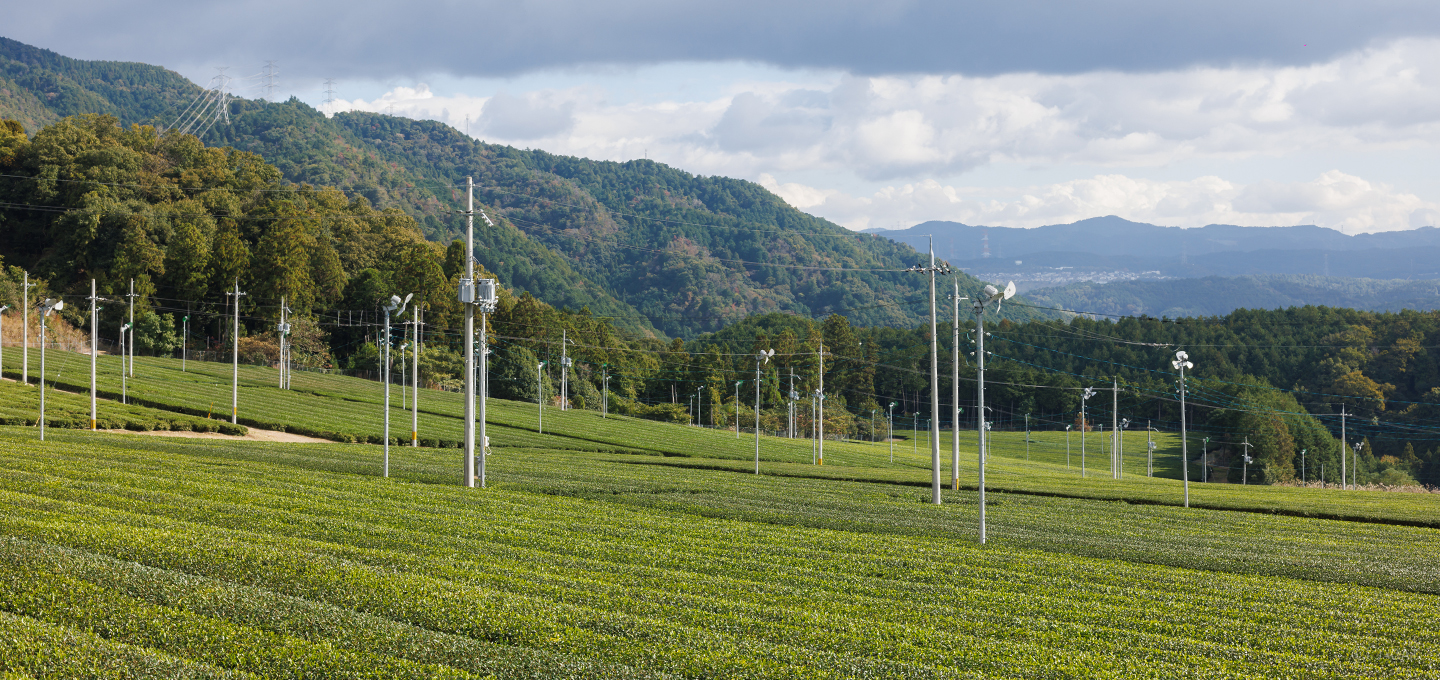
Special Experience
Kyoto
Tea Plantation Tour and Organic Green Tea Tasting in the Birthplace of Japanese Green Tea, Kyoto
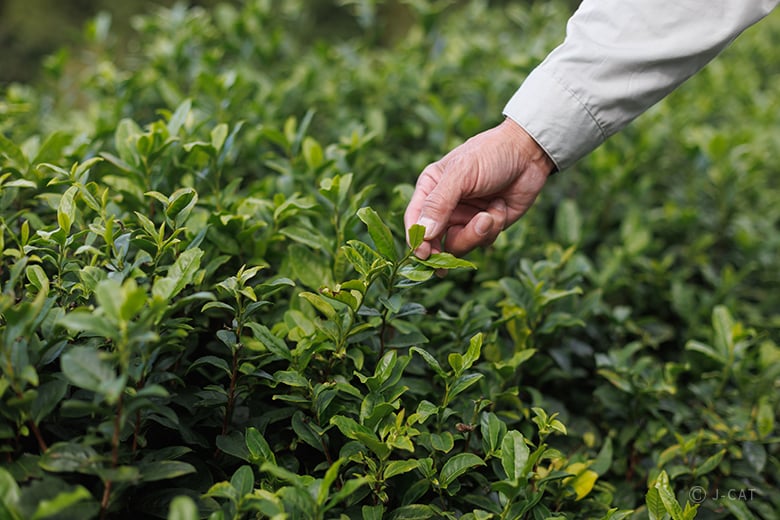
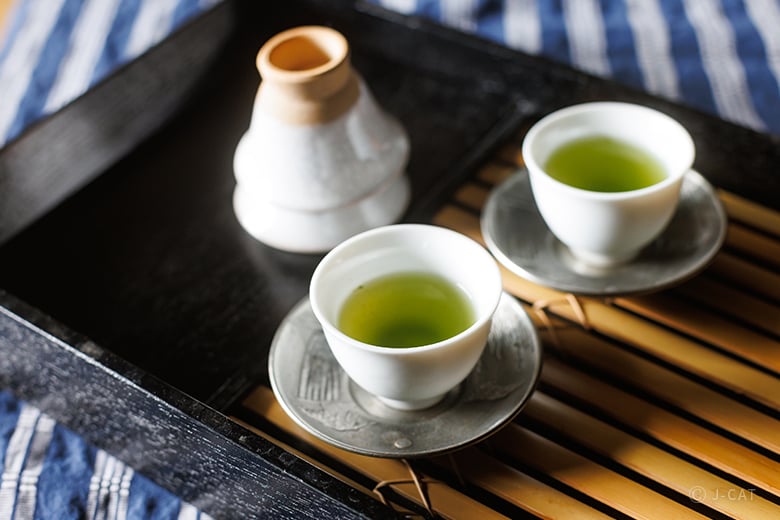
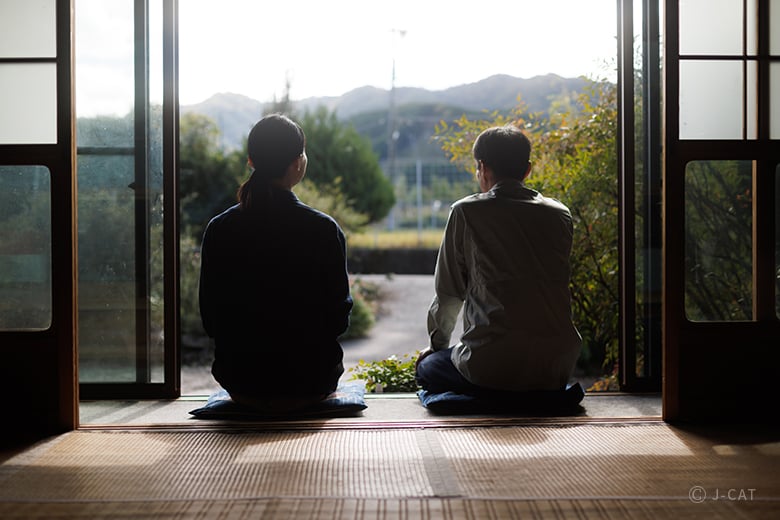
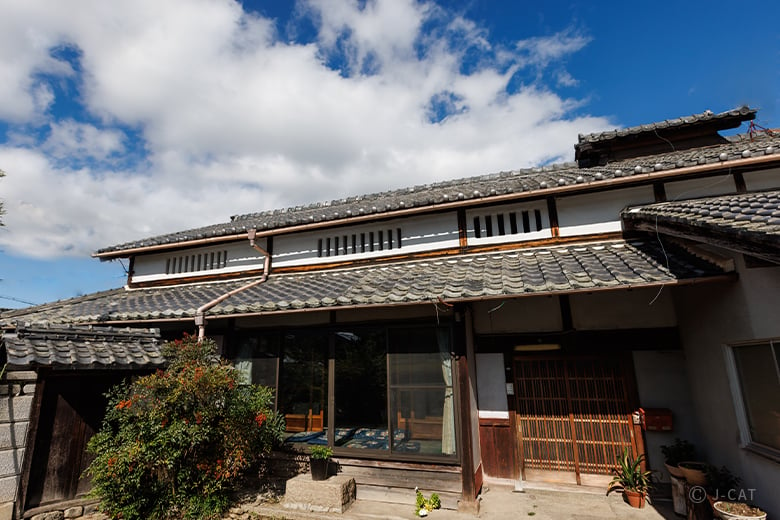
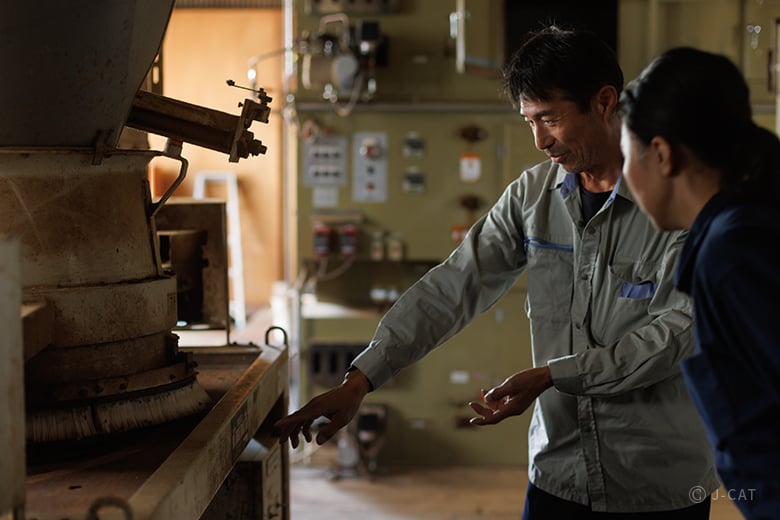
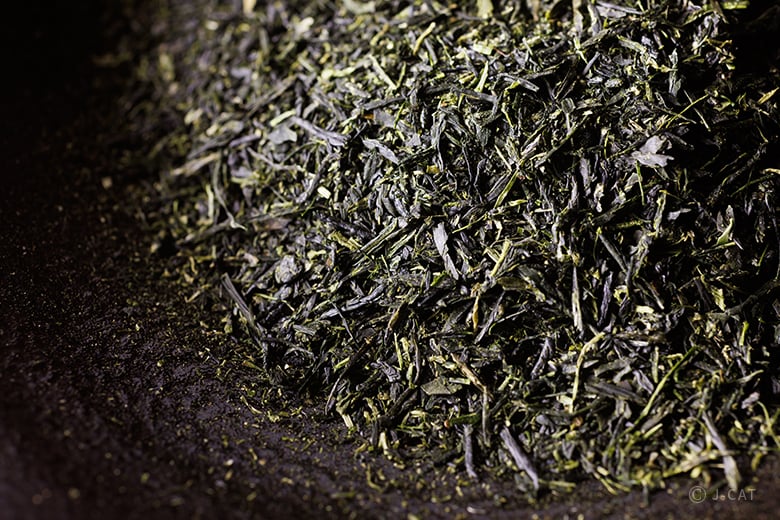
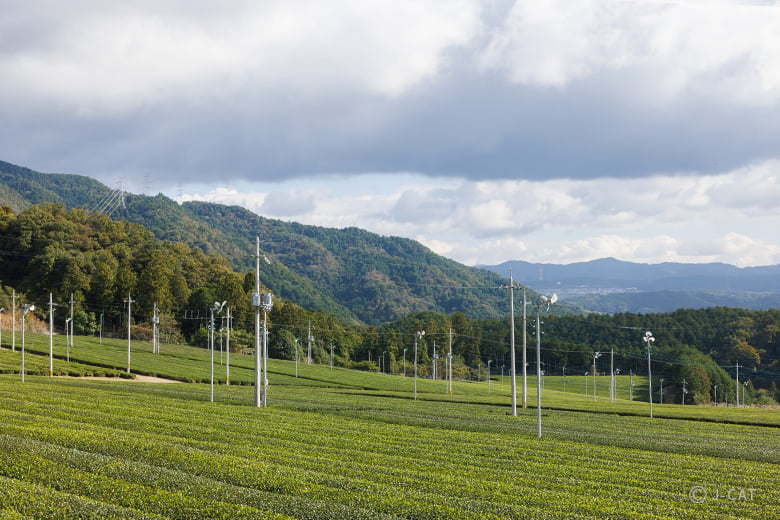
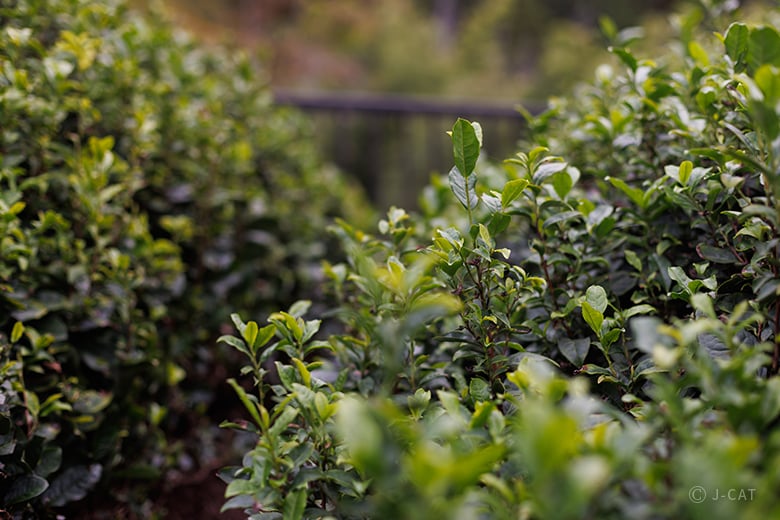
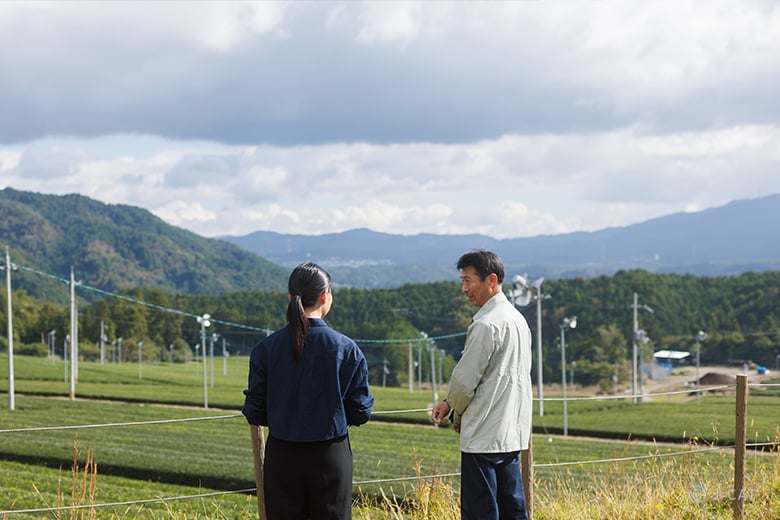
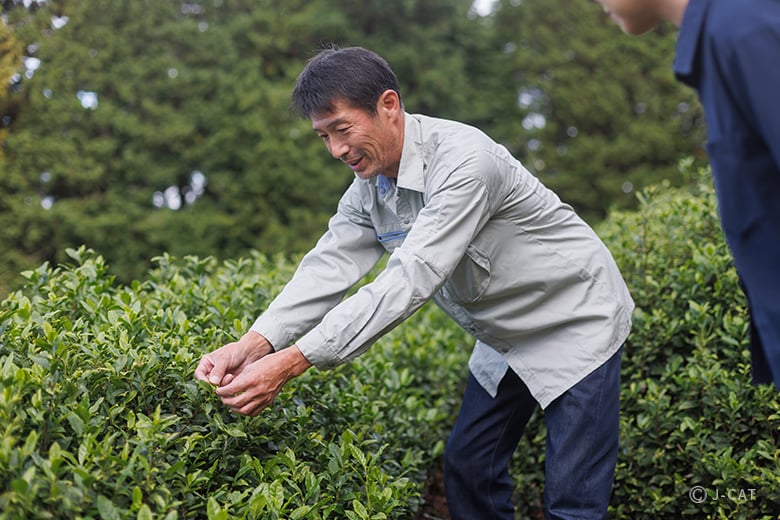
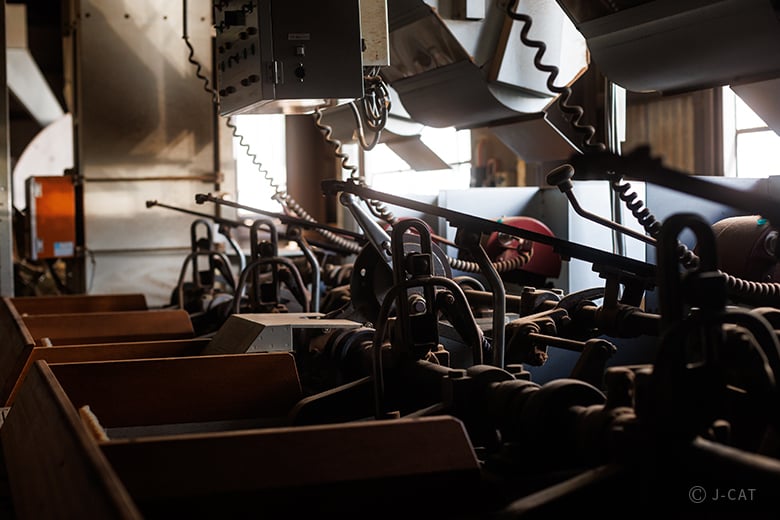
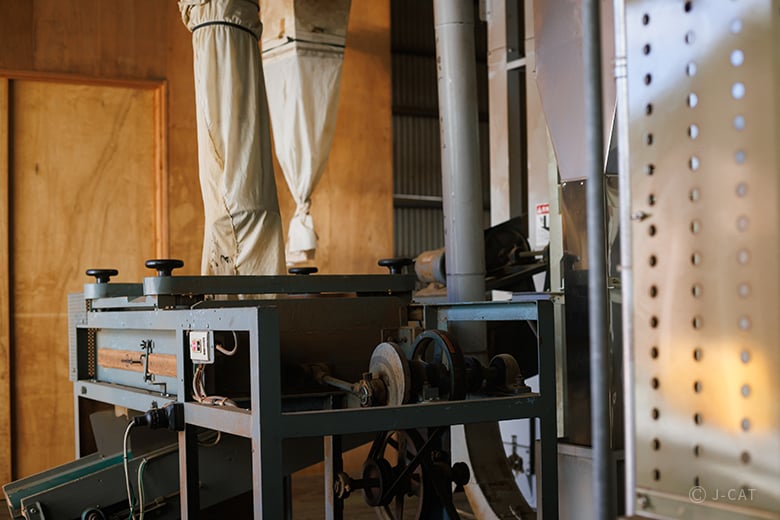
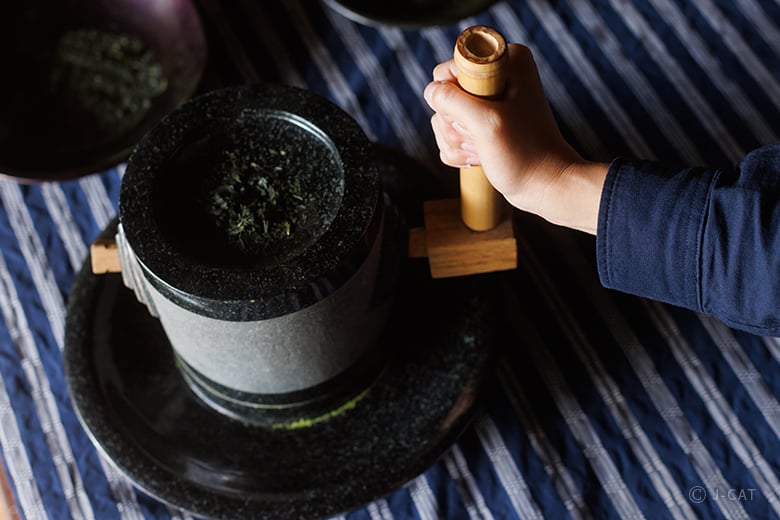
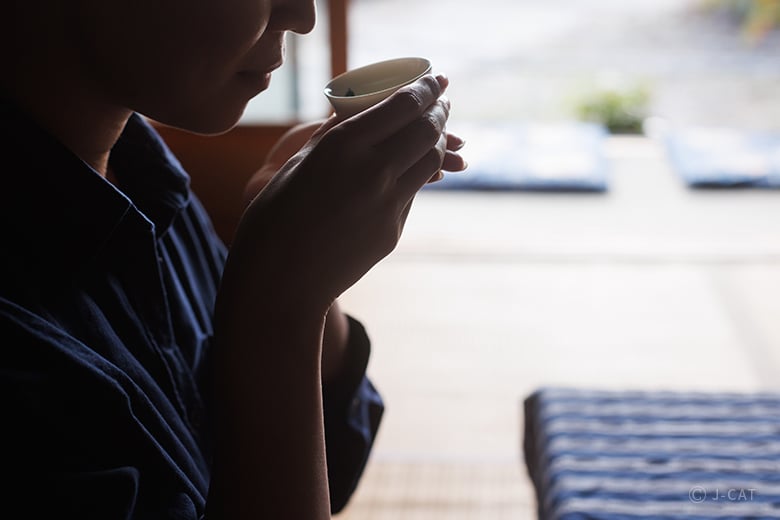
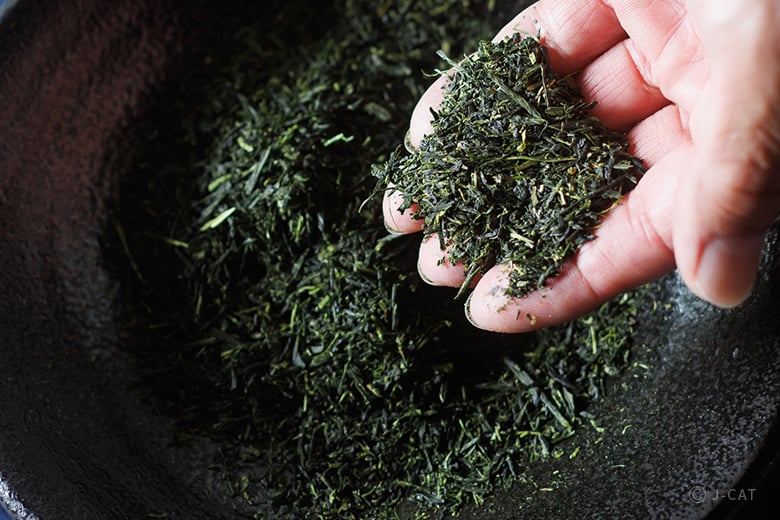
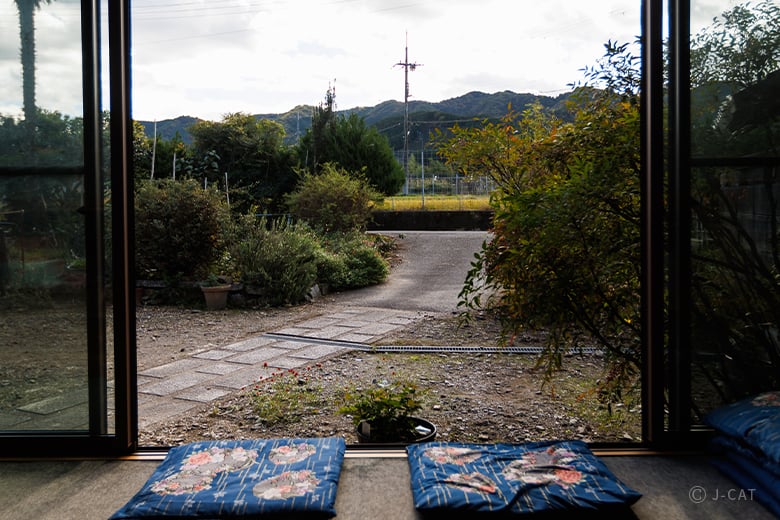
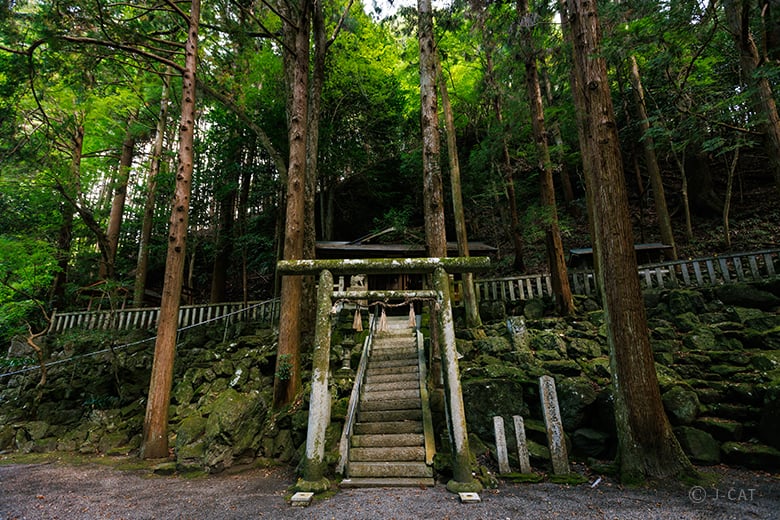
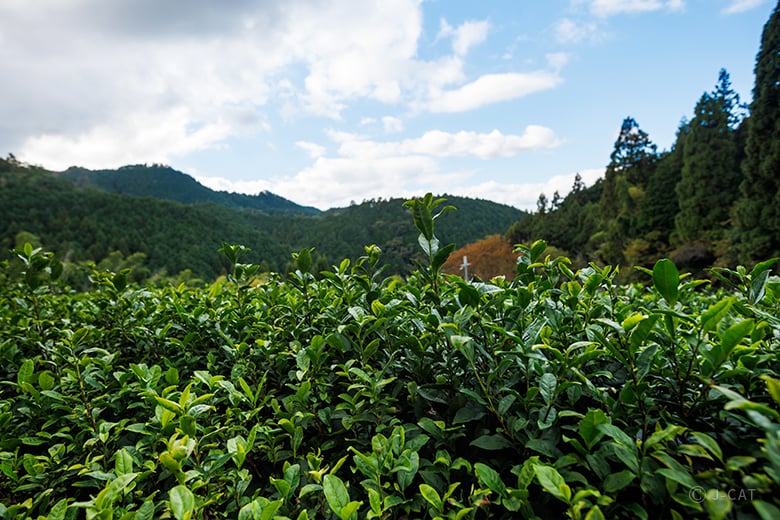
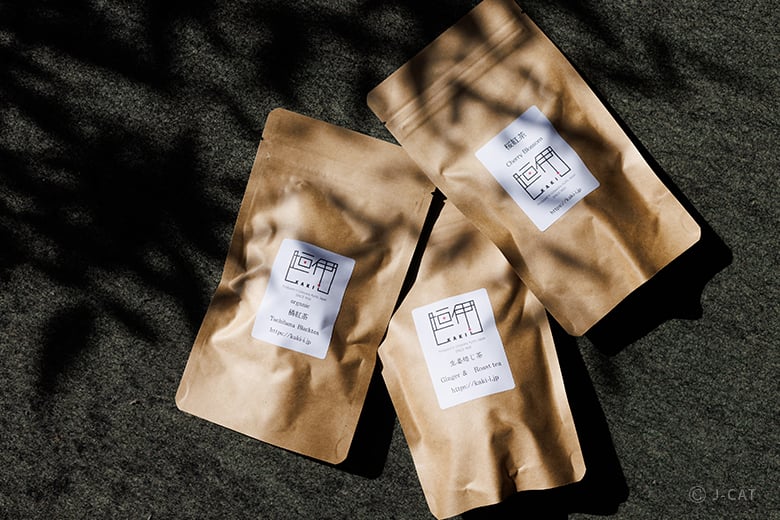



















Overview
Founded in 1658 in the Kyoto town of Ujitawara – the birthplace of Japanese green tea – the Kaki-i plantation grows tea completely without the use of pesticides. In this experience, visitors can join the 21st generation head of the plantation to tour its fields and see historical sites associated with Soen Nagatani, who first developed the Japanese green tea enjoyed around the world today. If your seasonal timing is right, you can also observe the tea harvest or the processing of the leaf. Finally, enjoy a comparative tasting of 3 to 4 of Kaki-i’s organic teas in a 150-year-old traditional Japanese home, and learn how best to enjoy each.
Key Features
・Tour one of the tea plantations behind Japan’s famed Uji tea, and visit historical sites associated with Soen Nagatani, the originator of Japan’s green tea
・Depending on the season, observe the tea harvest or the processing of tea leaf for green tea
・Delight in a comparative tasting of 3 to 4 types of tea in a traditional Japanese house, and take home some organic Kaki-i tea as a souvenir
*Tea is usually harvested between April and May each year. Tour availability depends on harvest timing.
*Tea processing plant tours are available upon request. (Processing is done from June to October, but tours are available in other months while the factory is not in operation.)
Kyoto
150mins
from ¥28,000 /person
1 - 6 participants
Available in English
Cancel free up to 4 days prior
Details
Learn All About Tea Production in the Birthplace of Japanese Green Tea
Located within the famed tea region around Kyoto’s Uji City, Ujitawara town is a powerhouse of tea production steeped in nature’s bounties. It was also the place where Soen Nagatani, inventor of the Aosei Sencha Process, was born – as well as where he developed the foundational production methods by which the green tea of Japan is still produced today. This is why the town is referred to as the birthplace of Japanese green tea, and why tea plantations still blanket the town’s flatlands and hills alike.

Kaki-i’s 21st generation head, Hideki Kakiuchi
The Kaki-i plantation was founded here in 1658 – the early days of the Edo period. Its varied production lineup includes green teas like sencha, gyokuro, and hojicha (roasted green tea) as well as black teas and herbal teas. About a decade ago, its 21st generation head made the decision to switch to fully organic cultivation without the use of pesticides or chemical fertilizers, and he upholds this painstaking approach today to produce a wide variety of top quality tea leaf.

Soil properties have a direct effect on the various hues of the leaf
Discover the Timeless Tea Field Landscapes of Japan
With Kakiuchi as your expert guide, tour around the town’s numerous tea plantations and historical sites associated with Soen Nagatani, by car. The drive is also a great opportunity to chat with Kakiuchi and ask whatever comes to mind about Ujitawara’s history, climate, tea growing techniques, and so on.

The Nishinoyama Group Tea Garden, where green fields meet blue sky
Start off at Nishinoyama Group Tea Garden, one of the largest such tea gardens in the entire prefecture of Kyoto, for the perfect harmony of manicured tea gardens and Ujitawara’s rich natural scenery with the mountains as backdrop.
Head next to the Kaki-i plantation to tread the soil with your own feet and feel the leaves with your own hands. Kaki-i’s tea is usually machine harvested around May, but if your timing is lucky you might just get to watch harvesters working by hand.

Tea leaves raised free of pesticides grow gradually and naturally in strength, making the most of nature’s blessings
Organic farming is an extremely time-consuming process that requires weeding and pest extermination to be handled manually. Kakiuchi knew full well what he was getting into when he committed, but he felt it was worth it: “Whenever I’d set up a market stall, I’d hear customers asking about organic leaf. Green tea is a daily drink in Japan, with lots of health benefits. In striving to give customers what they wanted, I also found myself wanting to drink tea grown without pesticides too.”

Those interested can also pay a visit to the birthplace of Soen Nagatani
A Tour of the Processing Plant Reveals How Tea Becomes Green Tea
Move next to the plant where the harvested tea leaf is processed. Learn all about the methods that make green tea what it is, and get an up-close look at the machinery used in the process.
*Processing plant tours are only available on request. Green tea processing is only carried out from June to October, but tours can also be arranged for other months when the plant is not in operation. Please enquire with a staff member on the day of the experience for the operational status.

A variety of green teas, from sencha to gyokuro to bancha, are produced from the same tea harvest
Steaming, says Kakiuchi, is the most important step in the process. “It’s no exaggeration to say that steaming defines the flavor. I’m at the machine the whole time, making minute adjustments. That’s where craft factors in.” Green tea production generally relies on steaming the harvested leaves as quickly as possible to lock in the natural fresh flavor of the tea. This is a chance to learn the details of green tea production methods at a plantation with over three and a half centuries in the trade.

Learning step-by-step how green tea is made
A Subtly Shifting Palate
After learning all about tea production, you’re sure to be ready to taste it – which you can do at Kakiuchi’s own home, a traditional country house over 150 years old. These historic rural dwellings are increasingly rare in Japan, and the feeling of genuine historicity flows through in the house’s wooden beams and its mezzanine floor – once used as a warehouse. Here, enjoy a selection of 3-4 types of tea recommended by Kakiuchi, from such varieties as sencha, gyokuro, matcha, hojicha, and genmaicha.
Guests trying matcha can also experience grinding the tencha (unground matcha leaf) to powder with a stone mill.

Milling tencha leaf to matcha powder, slowly and meticulously
Kakiuchi covers the different ideal brewing temperatures and times suited to getting delicious tea from each type of leaf. With 2 to 3 rounds of brewing (one cup for each round), you can also experience how different approaches and repeated infusions shift the flavor.

Gyokuro is sweeter than sencha, with every last drop extracted to convey the real flavor of the leaf
The first cup of gyokuro, for example, is brewed at a lower temperature with a smaller amount of water – the shizukucha infusion method unique to gyokuro which yields a flavor like umami-rich soup broth. The second cup is brewed with hotter water, yielding more astringency and pronounced flavors. The third cup is the mildest and easiest to drink. Delight in the profound depth of the green tea, where the same leaves can yield a variety of flavors.

A relaxed chat with Kakiuchi in the warmth of the sunroom
The Delights of Organic Green Tea as Taught by a Tea Expert
Choose a bag of tea leaf to take with you as a keepsake of the experience from a wide selection of organic teas including green tea, Japanese black tea, and flavored teas – after asking Kakiuchi anything you’d like to know about the characteristics and brewing methods of each.

Unique organic tea including “Sakura Black Tea,” “Tachibana Black Tea,” and “Ginger Hojicha” (roasted green tea)
In verdant Ujitawara, the Kaki-i tea plantation carries over three and a half centuries of history. Here, you can delight in a rare journey of discovery all about tea, learning directly from the plantation’s 21st generation head. This experience is a truly fantastic way to learn all about Japan’s unique tea culture while taking in the country’s beautiful natural landscapes that you’re sure to remember with each cup to come.
Kaki-i

Kaki-i
A historic tea plantation founded in Kyoto Prefecture’s Ujitawara Town in 1658. Today, its 21st head Hideki Kakiuchi has shifted to fully organic cultivation without the use of chemical fertilizers or pesticides of any kind, taking great care to grow his tea in a way that not only respects and protects the environment, but the health and well-being of drinkers and growers alike. Kaki-i offers a variety of organic teas in addition to green teas, such as Japanese black teas and flavored teas.
Customer's Voice
Amazing experience. The host really made us feel welcome. It felt like we were guests in his house and not tourists.
B.M. United States
I would rate it 10/10. Visiting the tea plantation was wonderful and going to the owners home and being served tea was very special.
T.A. France
We had a superb time! We really enjoyed our experience. Our guide was extremely helpful and knowledgeable and we really appreciated every moment. Our most memorable moment was to taste his craftsmanship in the cup and try the differences in the tea varieties and styles. It made us appreciate the work that goes into tea farming, from harvest to drinking it. It also is a large part of Japanese day to day life so to understand how it works was such an honor. I would describe as a unique experience to really try and really experience a local farmer’s work on developing something that everyone enjoys drinking. We had a fantastic time and strongly recommend it!
A.A. Netherlands
Location
Kaki-i
Tsuzuki District, Kyoto
Request for booking
Select first preferred date (JST)
February 2026
Sun
Mon
Tue
Wed
Thu
Fri
Sat
Instant Booking
Request Booking

17
Full

17
Unavailable
- Instant Booking: Your reservation is confirmed immediately upon payment.
- Request Booking: You will receive confirmation after the host reviews your request.
Kyoto
150mins
from ¥28,000 /person
1 - 6 participants
Available in English
Cancel free up to 4 days prior
Things to know
Contact Us
If you have any questions, please contact us using the form below.
We also accept bookings from corporate clients and travel agencies.